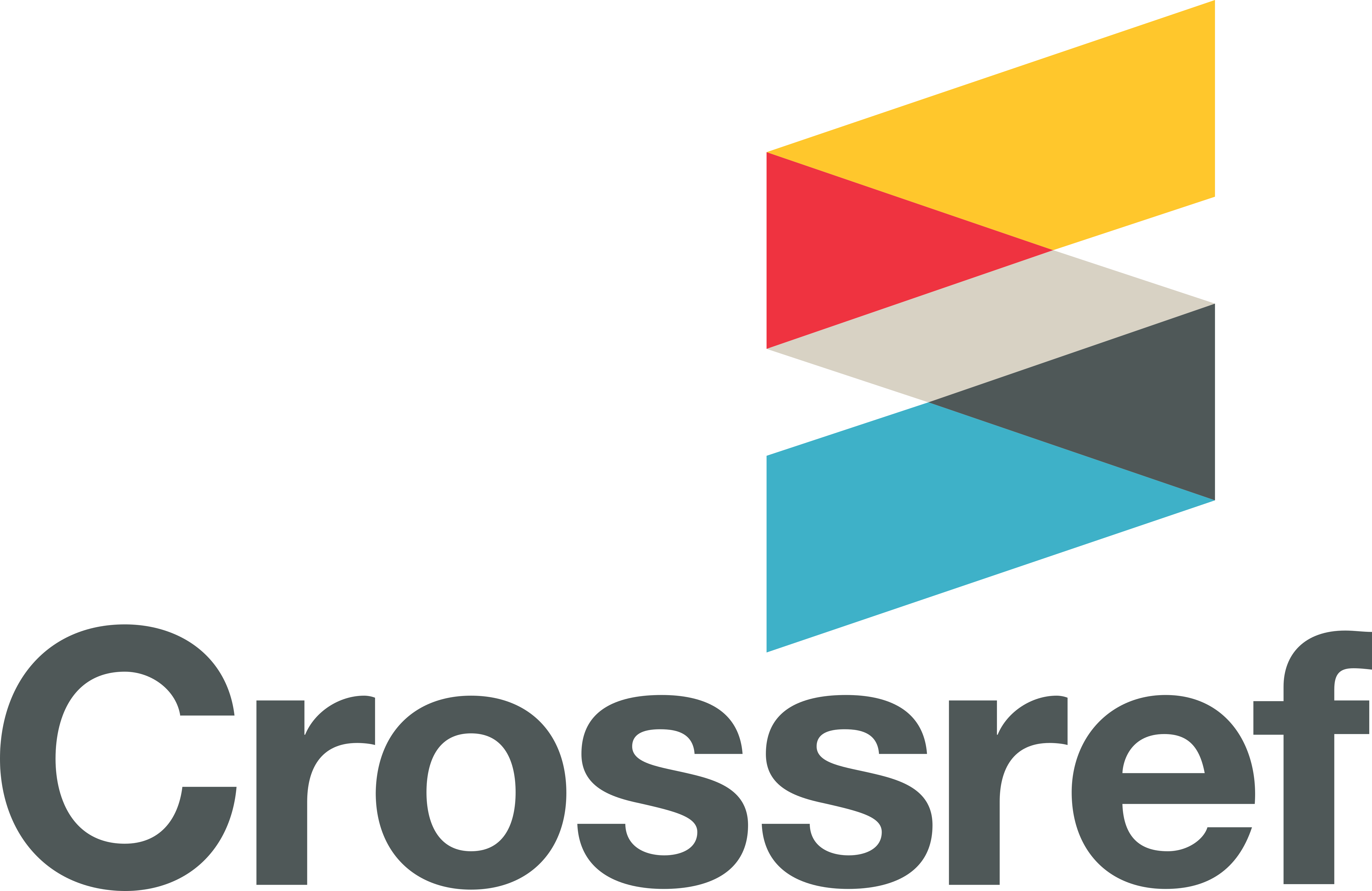Human as Perfect Being
Philosophical Basis of Education
DOI:
https://doi.org/10.53947/tspj.v2i1.408Keywords:
Humans, perfect creatures, thinking, science and technology progressAbstract
The purpose of this writing is to present a philosophical basis for education, especially regarding the position of humans as perfect beings. Human perfection is at least due to seven things, namely as a creature (a) thinks, (b) produces, (c) speaks, (d) has a society, (e) has an economy, (f) has religion or belief, and (g) has culture or art. Its perfection gives rise to curiosity and fosters empathy and sympathy for something. With these abilities, humans are the only creatures that can be educated, trained, and developed. Through education, training, and competence development, humans can continue to develop science, technology, and art. The development of science, technology, and art is carried out through scientific and natural ways of thinking. Progress in the fields of science, technology, and art is a manifestation of the existence of the position of humans as perfect beings.
References
Canetti, Elias. 1984. Crowds and Power. New York: Farrar, Straus & Giroux.
Cohen, I Bernard. (1985). Revolution in science. Cambridge: Belknap Press of Harvard University Press.
Ekanem, B. (2013). Science and Human Nature: A Complex Dynamics of Reality. Mediterranean Journal of Social Sciences, 4. https://doi.org/10.5901/mjss.2013.v4n2p389
Elfachmi, AK 2016. Introduction to Education. Bandung: Erlangga.
Gorgulu, R. (2015). I think, therefore I am "Cogito ergo sum” (René Descartes, 1637): Career Pathways in Sport and Exercise Sciences.
H Hart, Michael. 1978.“The 100, a Ranking of the Most Influencial Person in History” New York: Hart Publishing Company.
Junaid, H. (2012). Sources, Principles, and Foundations of Education. Sulesna (Journal of Islamic Insights at UIN Alauddin Makassar, 7(2), 84–102.
Madarasz, N., & Santos, D. (2018). The concept of human nature in Noam Chomsky. Veritas (Porto Alegre), 63, 1092. https://doi.org/10.15448/1984-6746.2018.3.32564
Mallia-Milanes, M. (2015). Cogito Ergo Sum. https://doi.org/10.13140/RG.2.1.1302.7040
Salim, Agus. (ed). 2001. Social research theory and paradigm: from Denzin Guba and its application. Yogyakarta: PT. Tiara Discourse.
Smart, P. (1972). Thinking and Reasoning. London: Mc Millan Education Ltd
Suradika, A. 2000. Social research methods. Jakarta: UMJ Press.
Suriasumantri, Jujun S. 1985. Philosophy of science: a popular introduction. Jakarta: Sinar Harapan Publishers.
Tafsir, Ahmad. 2000. Educational Science in Islamic Perspective. Bandung: PT. Rosdakarya Youth.
Yatimah, D. 2017. The Foundation of Education. Jakarta: Alumga and Mandir.
Yong, J., Li, N., & Kanazawa, S. (2020). Not so much rational but rationalizing: Humans evolved as coherence-seeking, fiction-making animals. The American Psychologist, 76. https://doi.org/10.1037/amp0000674
Downloads
Published
How to Cite
License
Copyright (c) 2022 The Social Perspective Journal

This work is licensed under a Creative Commons Attribution-ShareAlike 4.0 International License.









